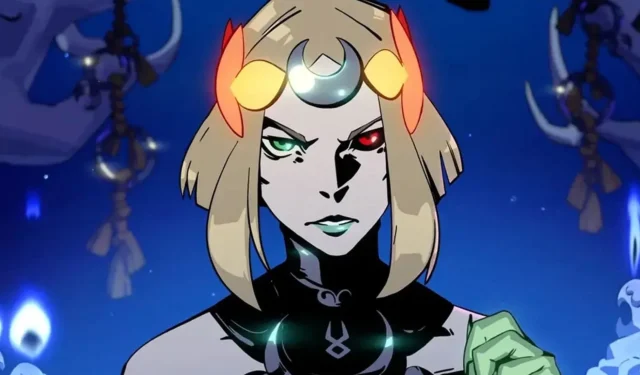
The future of the Hades franchise remains a subject of speculation, particularly regarding how many additional titles will emerge following the completion of its sequel, currently in early access. The inaugural game was a significant success for Supergiant Games, showcasing considerable franchise potential that could facilitate further expansion. Set against the backdrop of Greek mythology, this stylized roguelike delivers a fresh perspective on age-old legends and deities.
However, if Supergiant decides to continue this journey beyond Hades II, there are inherent risks of straying from the core elements that define the series. Should the franchise broaden its horizons by delving into diverse mythologies, it could simultaneously bring new opportunities for content and the potential to dilute what makes Hades unique. Maintaining a focus on its fantasy-laden Ancient Greek roots could be crucial for ensuring the franchise’s sustained appeal.
Maintaining Greek Mythology in the Hades Franchise
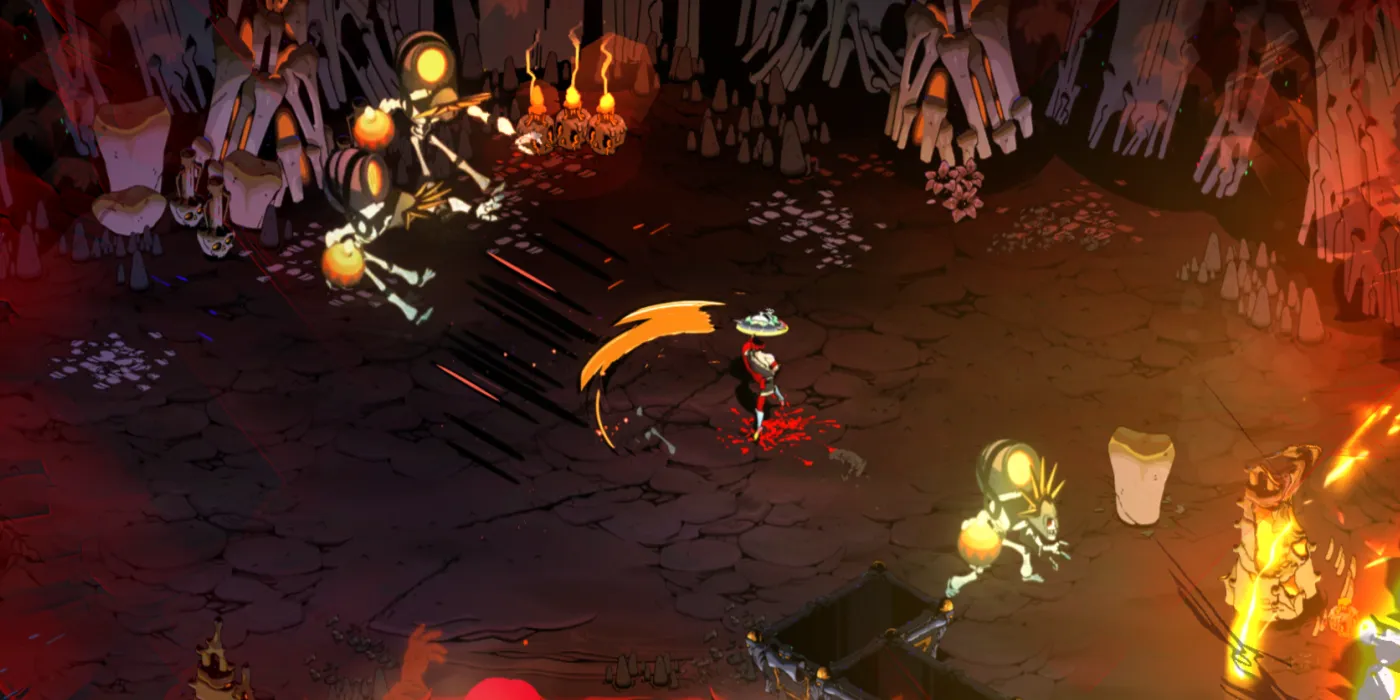
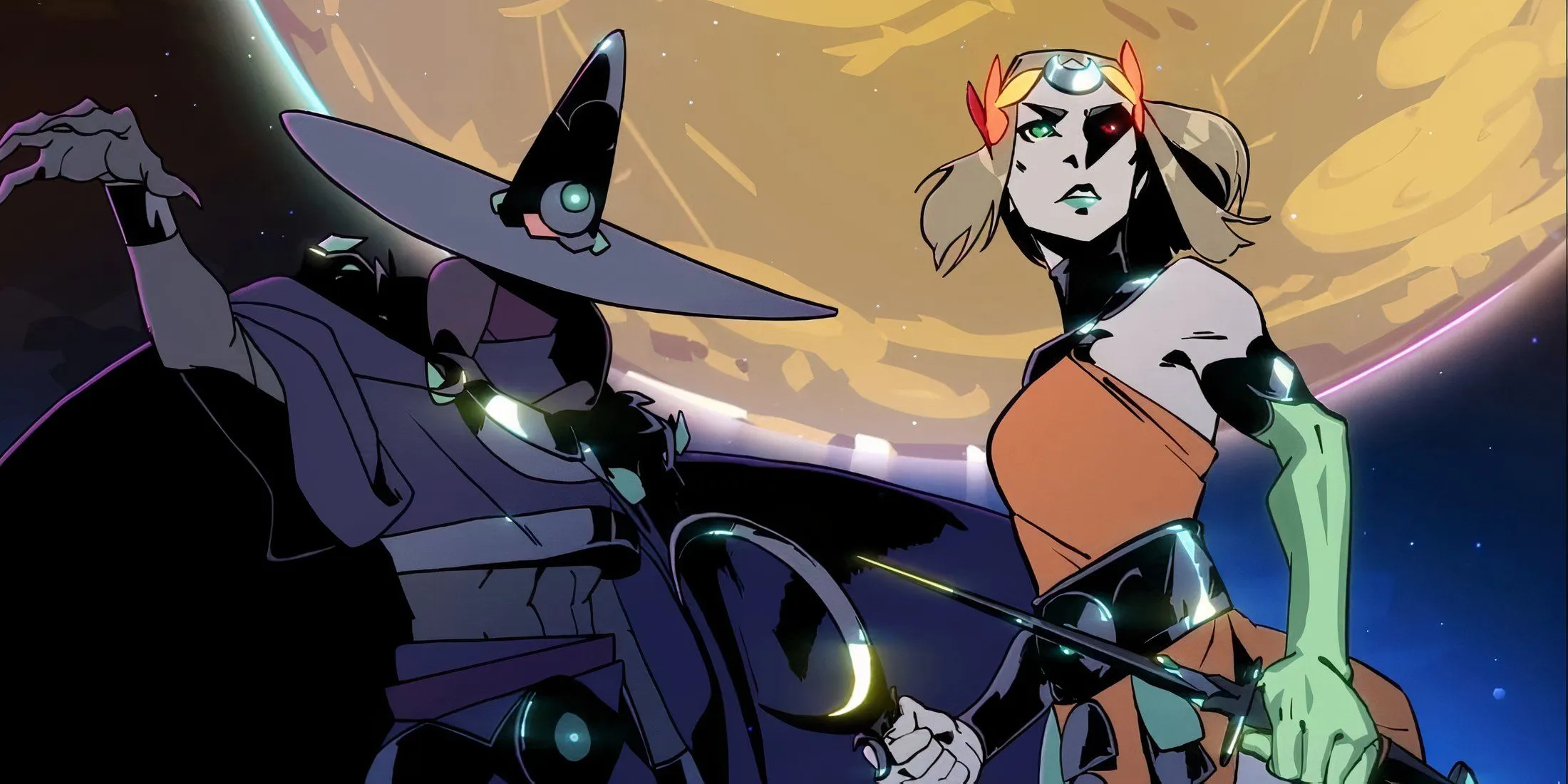
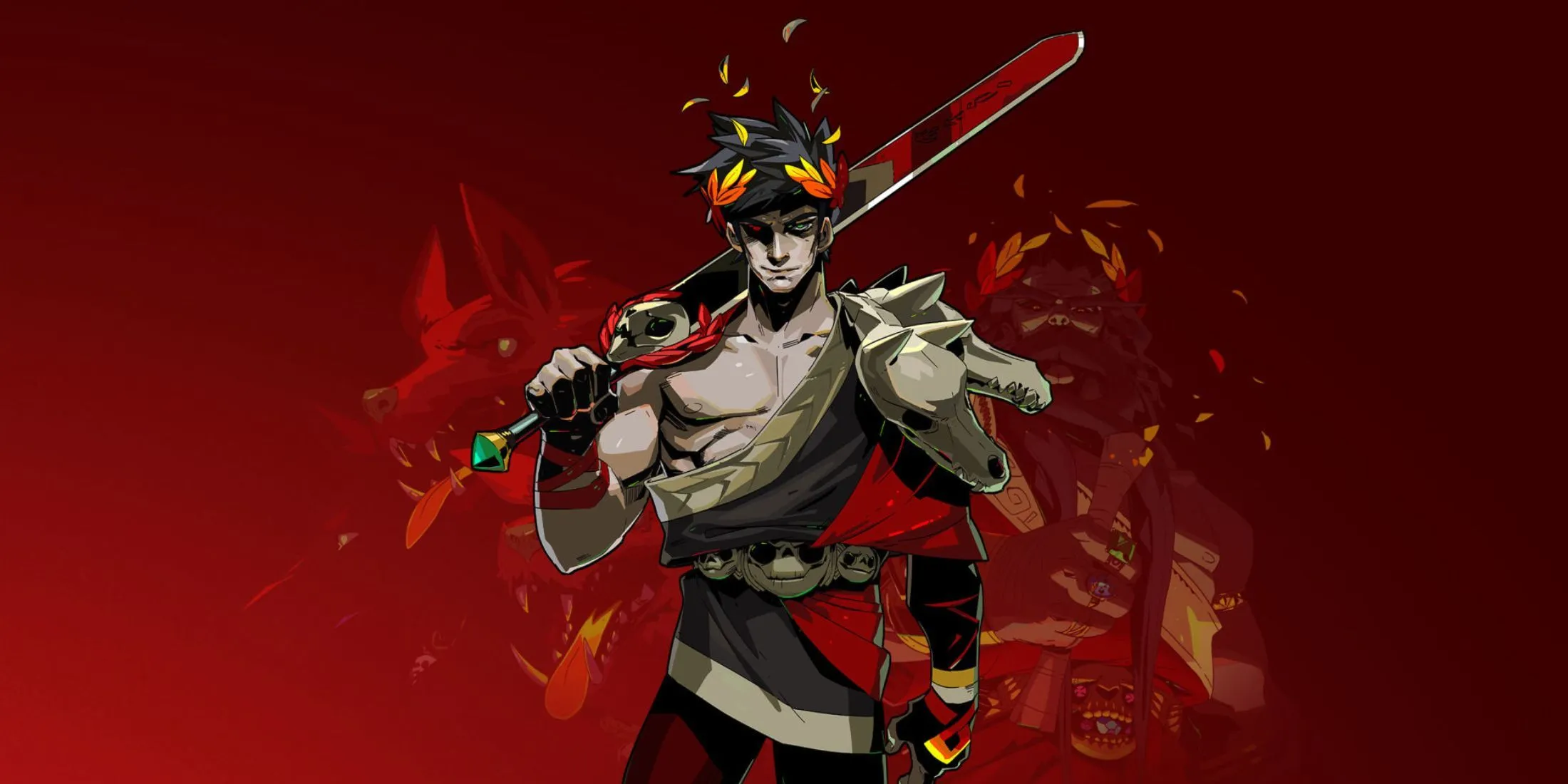
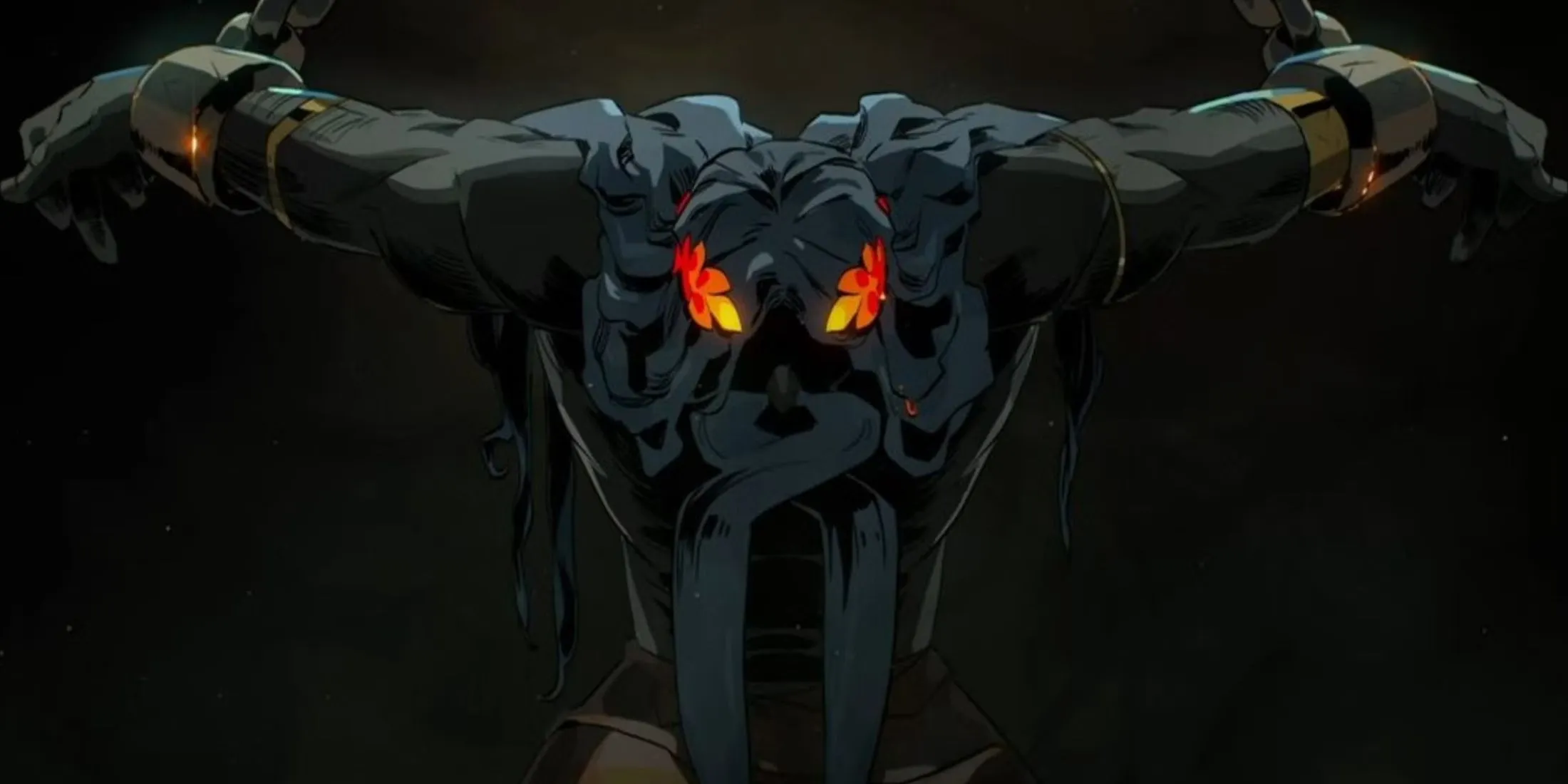

Learning from the Evolution of God of War
God of War serves as a prime example of a franchise that began with a singular focus on one mythology before branching out into others. The 2018 reboot showcased Kratos navigating Norse mythology, generating a fresh narrative that revitalized the series. While this shift proved beneficial for that franchise, adopting a similar strategy for Hades may undermine its distinctive charm that has resonated with players. In 2020, the original Hades earned accolades including Best Indie at The Game Awards and a nomination for Game of the Year, underlining its successful formula and engaging gameplay.
The Value of a Focused Approach in Hades
The way Hades adapts Greek mythology into gaming is nothing short of remarkable. While the idea of exploring other pantheons may seem intriguing, the Greek gods have become synonymous with the franchise itself. Venturing into different mythologies could risk portraying Hades as derivative, potentially overshadowing the unique qualities crafted by Supergiant. Greek mythology has been richly explored across various gaming titles, such as God of War and Assassin’s Creed Odyssey, but Hades occupies a unique position as a primary source for this narrative style.
To ensure its continued success, Hades should remain rooted in its fantasy driven by Ancient Greek themes. Diverging from this established identity could jeopardize the franchise’s marketability because of its deep connection with these mythological elements. Should Hades II consider exploring new mythologies in a future release, it would still be wise to maintain this core narrative tied to its predecessor.
Anticipating the Full Release of Hades II
The timeline for shifting Hades II out of early access remains uncertain, yet the preview content has excited the gaming community, raising expectations for an exceptional sequel. With the full version anticipated for release in 2025, fans are eager to see the continued journey of Melinoe. Ultimately, the success of this title will largely hinge on retaining its rich Ancient Greek motifs.
Hades II first entered early access in May 2024 for PC, with aspirations for a console release in the future. Having already demonstrated its ability to reinterpret mythology seamlessly, Supergiant has the potential to explore other mythological systems in standalone projects. Nevertheless, for the Hades series, the essence of its captivating storytelling is firmly anchored in the realm of Greek legends.




Leave a Reply ▼